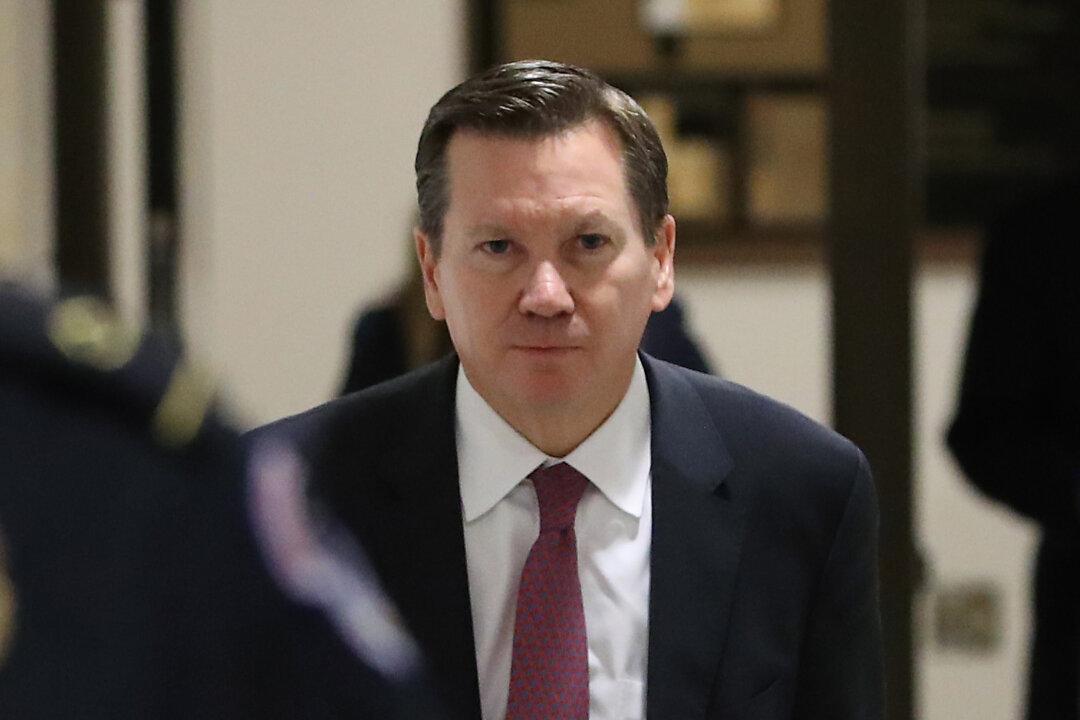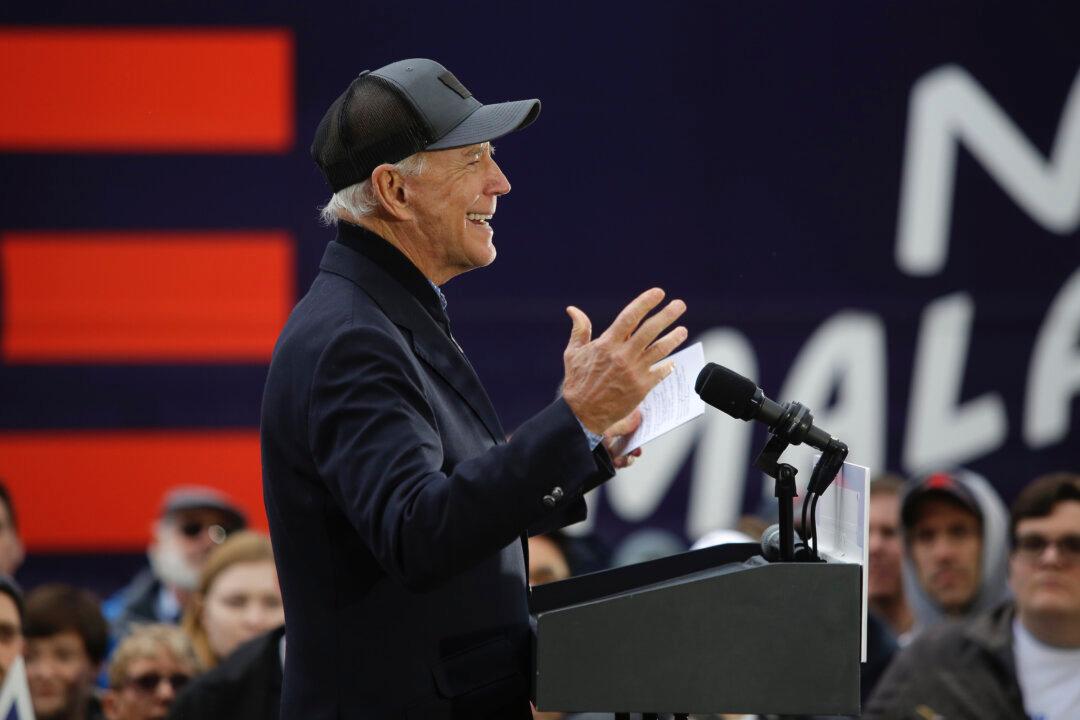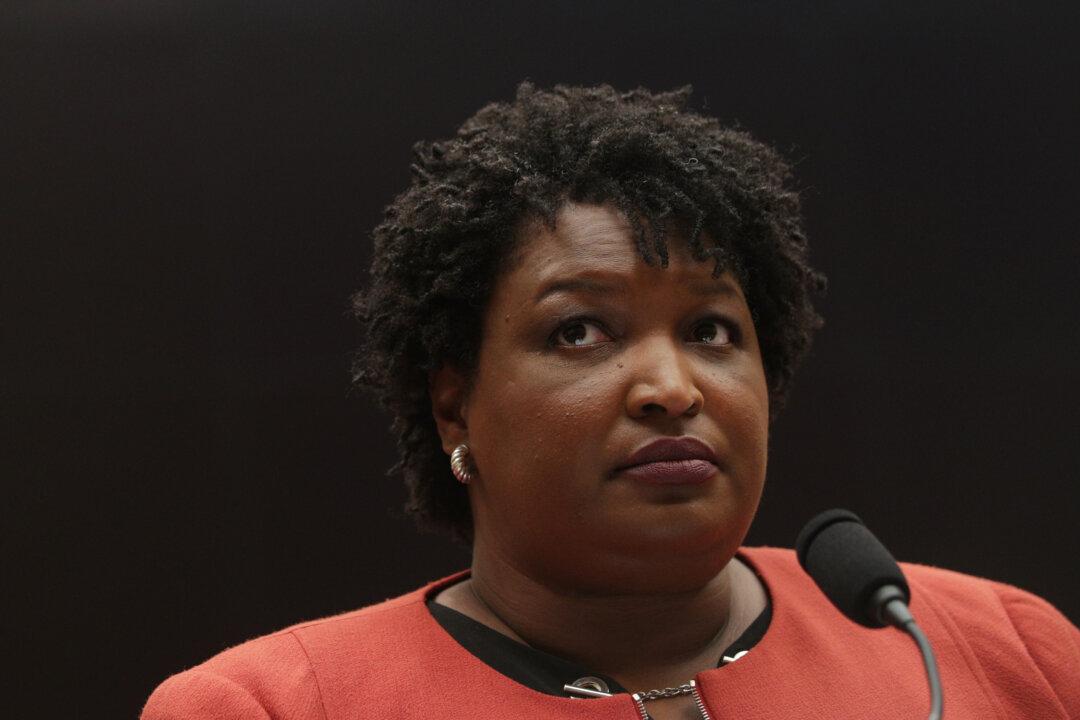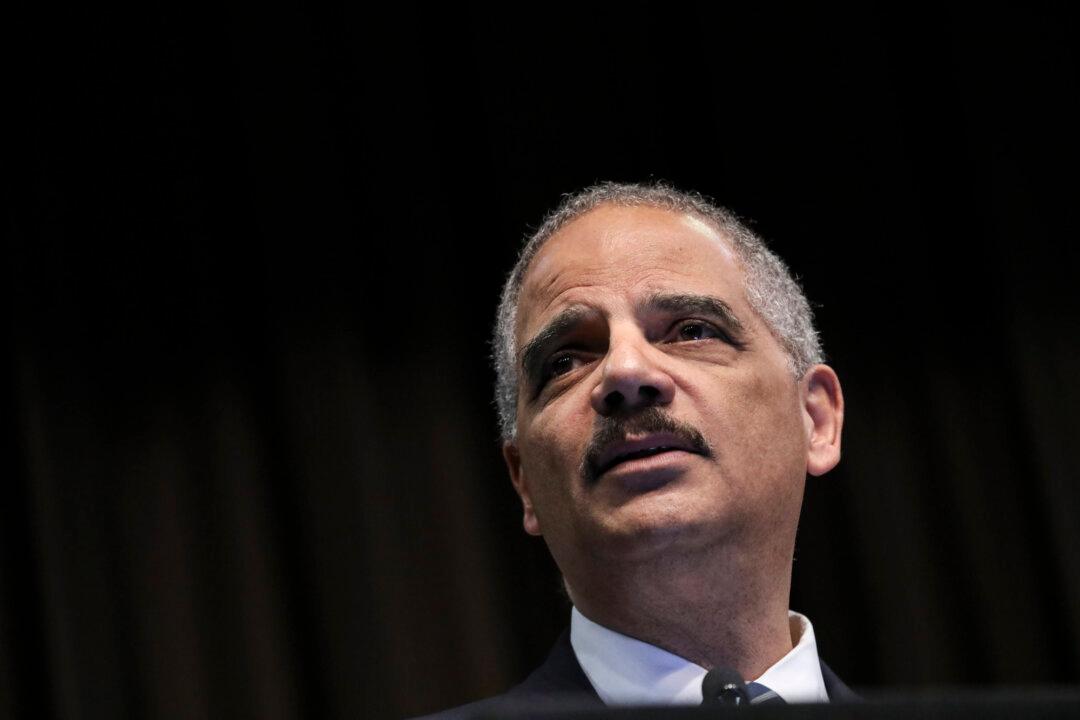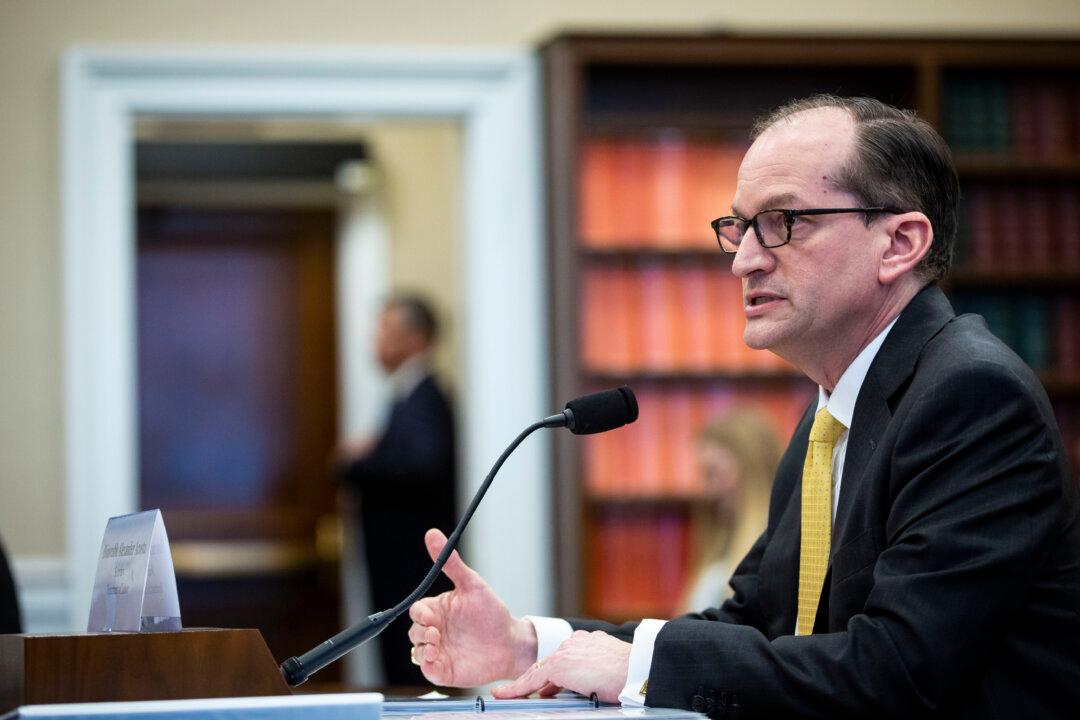House Intelligence Committee Chairman Adam Schiff (D-Calif.) has refused to release an eight-hour closed-door interview transcript with Intelligence Community Inspector General Michael Atkinson, but a new lawsuit could help shed light on Atkinson’s involvement in the origins of the ongoing House impeachment inquiry—and much more.
Atkinson received a complaint from a mysterious whistleblower in August that served as the basis for impeachment proceedings against President Donald Trump. Atkinson’s actions in bringing the complaint forward have raised questions, and conservative watchdog group Judicial Watch is suing for his unclassified communications.
